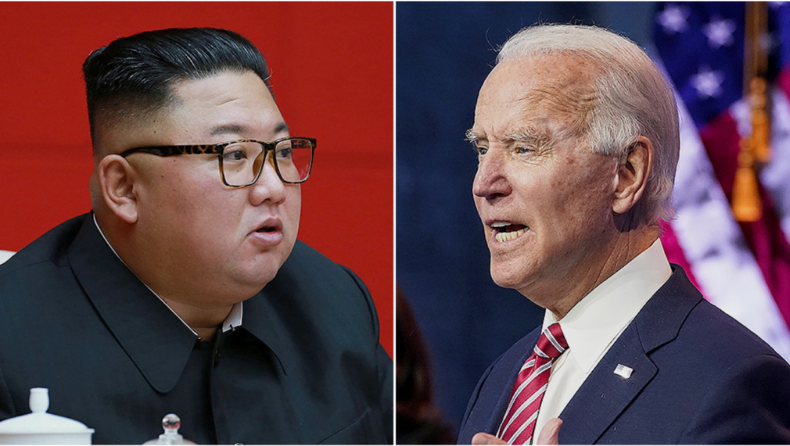
Since the end of the Cold War, the United States relations with North Korea have revolved around achieving a nuclear-free Korean peninsula. Because non-proliferation is a long-term goal of American foreign policy. Its relations with North Korea could be classified primarily under this heading. However, the issue of North Korea’s political system also plays an important role. As it falls under important normative category of US foreign policy. Therefore, its the protection of human rights and the spread of democracy and liberal values.
U.S. Policy Possibilities
For years, US administrations have crafted their policy toward North Korea with the goal of preventing the country from obtaining nuclear weapons. Early on, after six nuclear tests, each of which was more powerful than the one before it. We could conclude that this goal had not been met and that the policies had failed.
Other factors influenced the poor disarmament process, even if the US played a significant role. One of them is the alliance with South Korea. The various South Korean governments approaches to its northern neighbor. As in the United States, South Korea-North Korea policy has evolved since the conclusion of the Cold War. It’s not only as a result of North Korea’s behavior but also as a result of the country’s internal political circumstances.
The other major participant in the game is China. China is frequently referenced by the present American administration as a key to convincing North Korea to stop its nuclear weapons programme. But how real is Chinese influence in North Korea, and how does it relate with US policy?
Looking at Chinese actions since the conclusion of the Cold War, China was a silent observer of the North Korean situation until the early 2000s. China’s influence on North Korea, on the other hand, was far more direct and important at the time.
China is hesitant to recognize North Korea as a nuclear power. Thus, it consistently emphasizes denuclearization as a goal, despite the fact that it no longer appears realistic. In this aspect, Chinese interests do not directly oppose American interests. China appears to be showing North Korea that its support has limits. Especially, when Chinese interests are at issue, by enacting sanctions.
Is North Korea Rational?
North Korea’s pursuit of a nuclear and missile programme is both rational and practical. North Korea was left without strong supporters. Also, the cloak of legitimacy that ideological struggle had provided since the late 1940s with the conclusion of the Cold War and bi-polar confrontation.
The strong North Korean rationale for its nuclear development is nuclear deterrence as a policy that worked during the Cold War. Even though it appears that there have been times since the end of the Cold War when North Korea was willing to trade this goal for normalization of relations and a peace treaty with the United States. Therefore, the change in North Korean leadership in early 2012, and the initial fragility of the new leader, put an end to this opportunity.
North Korea is now a nuclear power, possessing nuclear weapons and testing intercontinental ballistic missiles and submarine-to-air missiles, the three foundations of the nuclear triad. It will not abandon its programmes, not only because of foreign pressures. But also, because of internal concerns about regime stability. North Korea also has a hand to play, which is the presence of non-official nuclear powers that are not subject to international oversight.
Conclusion
In a situation where North Korea is testing intercontinental ballistic missiles and its programme is clearly progressing. The US government has also numerous options to consider. At the same time, nuclear tests are ongoing with increasing the power of explosions.
The majority of them have been discussed for years, and some have been partially realized with varying degrees of success. However, none of these possibilities are ideal. Some entail large adjustments to long-stated US policy aims toward North Korea, as well as the non-proliferation system. And others risk the annihilation of South Korea. And, with the unthinkable consequences for the world economy if China gets involved.
Published By: Sandipan Dutta













